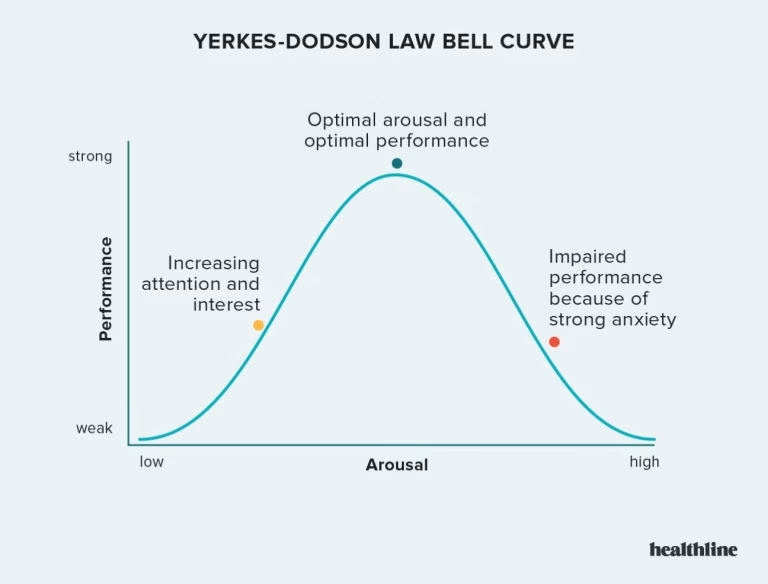Prepping your mind is just as important as prepping for the exam. Explore effective strategies you can use anytime, anywhere.
If test anxiety persists, consider reaching out to the Mental Health Services. Our mental health providers can support you by helping to identify personalized strategies to manage your anxiety effectively.
Cognitive-Behavioral Techniques
Reframe Your Thoughts
Identifying and challenging negative thoughts can reduce anxiety. Replacing “I’m going to fail” with “I’ve prepared and will do my best” can shift your mindset.
Practice Positive Self-Talk
Use positive affirmations to help motivate yourself and keep calm during an exam. With regular practice, they can help shift your inner dialogue.
Relaxation Methods
Deep Breathing
Deep breathing an effective technique that helps calm your mind and body by slowing your breath and increasing oxygen flow. This practice can reduce stress, ease anxiety, and promote a sense of relaxation in just a few minutes.

Progressive Muscle Relaxation
Progressive Muscle Relaxation involves tensing and then slowly releasing different muscle groups in your body. This practice can help reduce physical tension, lower stress levels, and increase body awareness.

Mindfulness
Mindfulness is the practice of paying attention to the present moment with openness and without judgment. It can help you feel more grounded, reduce anxiety, and improve focus by gently bringing your awareness back to the current moment.

Grounding Techniques
Grounding techniques are strategies that help you reconnect with the present moment, especially during times of stress or overwhelm. These tools often use your senses or surroundings to bring calm and focus back to your body and mind.

Study Skill Enhancement
Developing effective study habits and time management can boost confidence and reduce last-minute stress.
Finding Your Optimal Stress Zone
Understanding your stress-performance balance helps you identify your stress levels, apply strategies to return to an optimal state, and prepare for exams in a way that enhances your success. The Yerkes-Dodson Law is a psychological theory that describe the relationship between stress and performance.
- Too little stress can lead to low motivation or boredom.
- Moderate stress can improve focus, energy, and performance.
- Too much stress can become overwhelming and hurt performance.
